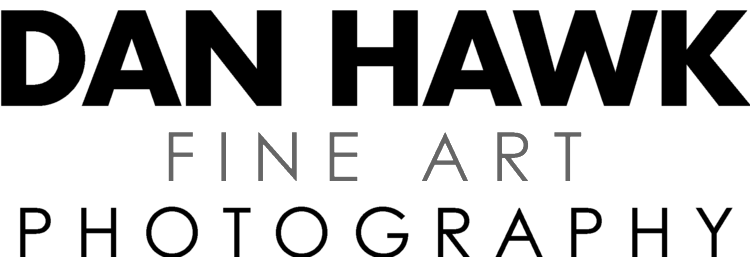Politics are really weird. How many other things in life can be so polarizing for people who otherwise get along? It comes up far more in an election year, as the opinions and political leanings folks normally keep inside come out.
This post is primarily a response to the political posts I've seen over the past few weeks. I've seen some pretty mean, and myopic stuff coming from folks that I really respect. Kinda bums me out.
Politics are how we, as a people group decide how to govern ourselves. Naive perhaps, and simplistic, but that is the basic idea. There are a couple presuppositions that are necessary for this to work.
What Needs Governing?
First, if the goal is to govern, then you need to agree on what actually needs to be governed. People? Systems? Places?
For the first question, the reality is that people are what matter and the systems, places and resources will be taken care of if you do the right things with the people. If you disagree, just bear with me. Everything that I can think of that needs governing needs it because of the way people interact with and through it.
By What Standards?
This second question is where it gets hard
What standards are universal? In other words, once you define what is being governed, is there a metric being used that the majority of folks can agree on?
What I forget when formulating my opinion and choosing to set aside other options is that what feels valuable to me, may be worthless to others. I've started to see this in political arguments as they pop up. One person's critical list condemning a candidate may fully convince another voter that this is just the right person for the job.
Interestingly, so many of these types of arguments seem to be shared in hopes that people will agree- sort of a rallying cry. I am rarely, perhaps never convinced or pursuaded to change my mind in this way. I think I know why too. These statements don't funadamentally change the way that I ask the questions above.
Consider this list:
Taxes
Abortion
Welfare
Corporations
Drugs
Homosexual Marriage
Retirement
Healthcare
Education
I'm guessing that most of you have a pretty firm idea about each. What are the chances that you and I agree on every one of them? Now, what are the chances that there is a candidate that agrees with you on every point?
What if you vote by party? If you think one party has a correct stance on each of these issues, then that could help you at least narrow it down some, but what if there are some exceptions? Independent?
I'm gonna guess that it would be hard to find a friend that agrees with every single one. In addition, you and I both know that the list is much larger.
A lot of people don't really dig into each issue and instead pick a candidate they can relate-to or who holds to a similar worldview or cultural background. That may be a religious belief, an ethnic or racial background or even a lack of these things.
What Should We Not Govern?
One other question seems really important to me in all of this. Since I mentioned that we need to define what and how we govern, shouldn't we define what should not be governed.
I'm gonna go out on a limb and say that the governance of people is to ensure that as many citizens as possible are able to pursue happiness, productivity and freedom to the extent that this doesn't infringe upon the right of others to do the same.
So the rules should be sufficiently broad as to handle things, without handling them too much.
One piece that seems important is that the majority of citizens are not governed using standards that are only favorable to, or important to a minority. This seems like a fairly straight-forward concept, but it has broad-ranging implications.
Is it fair for you to be accountable to a set of beliefs that you do not practice? What about ideas of family structure? Religion? How about implementing institutional advantages to groups?( Read: corporations, racial groups, economic groups) Throughout history, powerful individuals and groups have sought to have their specific beliefs and values implemented as statute.
It's easy to justify statutes and laws that mirror your own beliefs, but what if the tables were turned? I have a distinctly Evangelical Christian set of values that come largely from my upbringing and my adult choices. What if the religious beliefs of another faith were made into law that governed my family?
This, friends is why it gets so rowdy. You and I are intimately connected with and passionate about our core beliefs. In some cases the defense of these ideas comes at the expense of decorum, kindness, tact and good taste. It's easy to rant about this stuff, but it is rarely profitable. It's easy to claim intellectual superiority, but personal opinions do not, an intelligent person, make.
My challenge to you and myself- think hard about what you say regarding politics before you say it out loud or post it publicly. Does it reflect the value of honest discourse? Are the words and actions, and the importance of the topic consistent with how you want your friends to perceive you?
